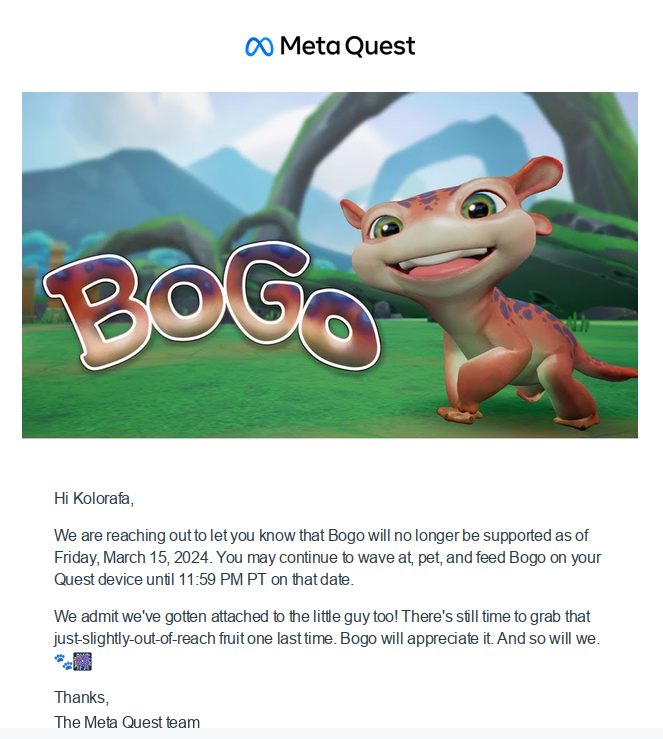This should be illegal, companies should be forced to open-source games (or at least provide the code to people who bought it) if they decide to discontinue it, so people can preserve it on their own.

This should be illegal, companies should be forced to open-source games (or at least provide the code to people who bought it) if they decide to discontinue it, so people can preserve it on their own.

deleted by creator
No I won’t be, because I’ve done this before for various reasons, but not a single but was changed.
Let me put it this way. A computer stores programs and instructions it needs to run in files on a drive. These files contain exact and precise instructions for various components to operate. If even a SINGLE bit is off in just a couple of the OS files, your computer will start throwing constant errors if not just crashing entirely.
And this isn’t just theory. It’s provable. Cosmic rays have been known to sometimes hit a drive and cause a bit-flip. Or another issue is a drive not being powered on for a long time causing bit-rot
At this point I’m starting to think you’re a troll. There’s no way someone believes what you’re saying.
Edit: autocorrect
deleted by creator
Then you’re not a troll, just completely deluded and frankly stupid. You’ve been getting so many genuine responses trying to help you learn, but you keep digging in your heels and doubling down on being confidently wrong.
Believe whatever you want, just keep it to yourself.
deleted by creator
What you’re talking about is 100% unrelated to what the discussion is about. The media the files are stored on are irrelevant. USB flash drives are known to die within just a couple of years in some cases. But when the storage media itself fails, then the data on it is more is less lost. And that includes degradation of the medium itself. That’s why both spinning hard drives and solid state drives need to be powered on and “refreshed” every so often (about a year for solid state and roughly a few years for magnetic). And degradation in this context means beyond the point where each bit can be reliably and accurately read from the medium. Once you go past that point you end up with corrupted data. And that includes pictures and videos. A raw picture probably won’t be affected too much with a single bit flipping, but a jpg for example, will visibly look corrupted. This is what a corrupted jpg looks like. And it can occure with just a single bite or byte being incorrectly changed/saved jpg1 jpg2
And here’s an example of corrupted video: https://www.youtube.com/watch?v=i-bz21deEeY
All it takes is a single corrupted byte in either the b-frame or i-frame in a video and it will cause that momentary glitch. That’s what happens when data “degrades”. Digitally copying a file absolutely does not “degrade” data each time it is copied. The idea is just laughable. We aren’t talking about copying a VHS tape.